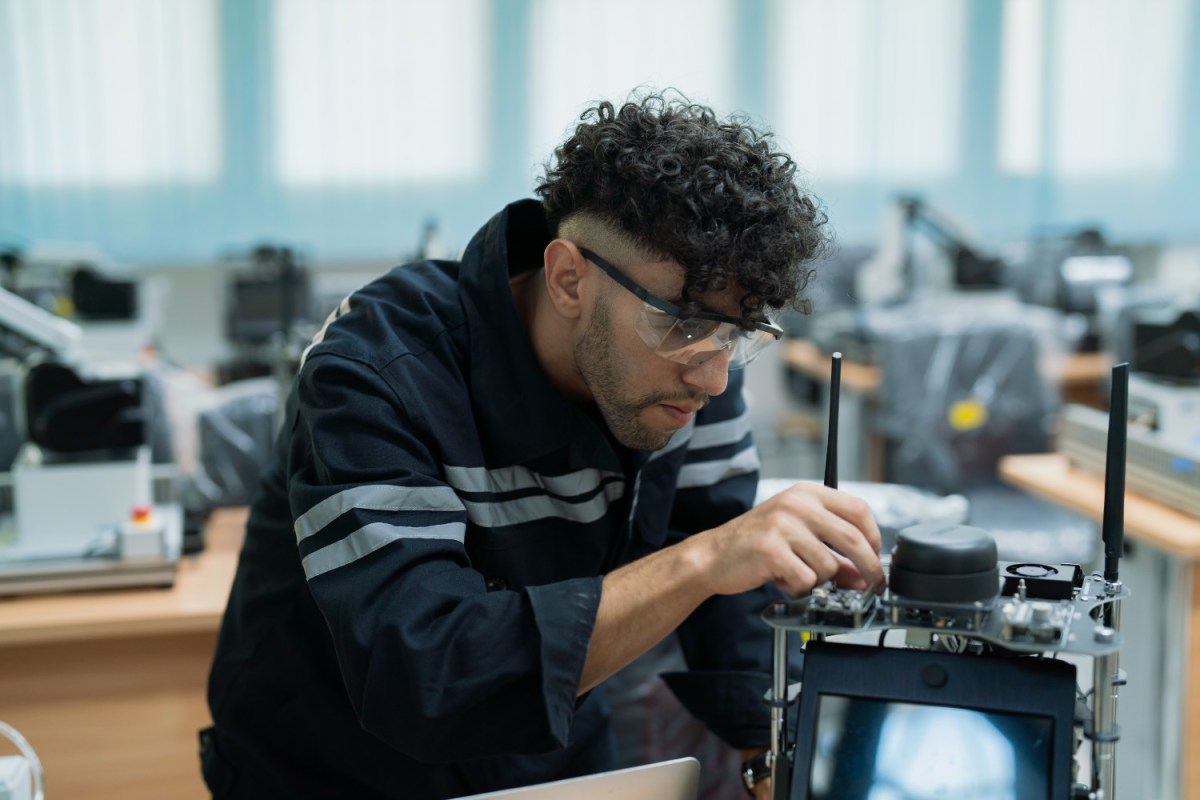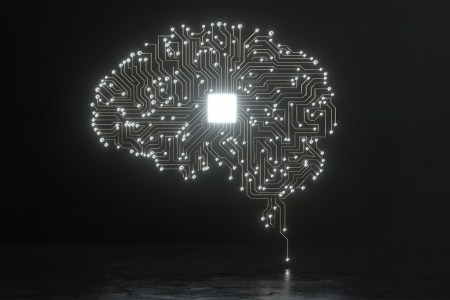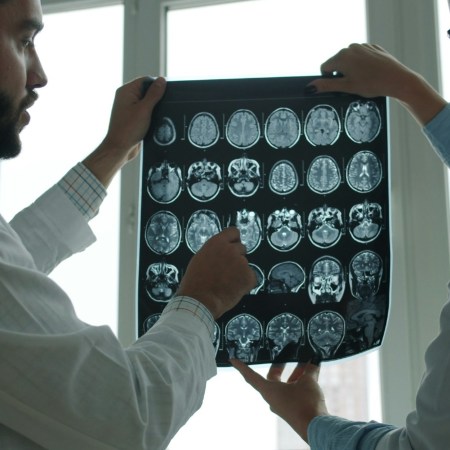The human brain is a complex thing, and scientists are constantly exploring a host of chronic conditions related to it — from the effects of traumatic brain injuries to the onset of dementia. Studying some of these conditions can be challenging; it’s impossible to diagnose CTE except posthumously, for instance. All of which has led one group of scientists to take an unorthodox approach to studying how the brain works: growing their own in a lab.
Growing parts of brains, anyway. “[I]t remains unclear which neurodegenerative mechanisms are intrinsic to the brain and which strategies most potently mitigate these processes,” wrote the authors of a paper recently published in the journal Cell Stem Cell. “We developed a high-intensity ultrasound platform to inflict mechanical injury to induced pluripotent stem cell (iPSC)-derived cortical organoids.” The goal? To explore what might lead to a breakdown in brain function.
If you’re unsure what a cortical organoid is, this paper describes them as “3D structures derived either from human embryonic stem cells or human induced pluripotent stem cells” and notes that “their use [is] exploding in recent years due to their ability to better recapitulate the human brain in vivo in respect to organization; differentiation; and polarity.”
The study’s authors write that one channel in the nervous system, KCNJ2, may be a promising place to target treatments in the wake of a traumatic brain injury. Specifically, they write that this approach could “reduce acute neuronal death after brain injury.”
There Are Two Sides to the Brain Implant Story
As Neuralink recently showed, the medical case for brain-machine interfaces is clear. Experts are divided on the next step: upgrading otherwise healthy humans.In an analysis of the paper published in Live Science, Nicoletta Lanese notes that gene therapy showed promise in these initial lab tests — though more research will be necessary to see how useful this route actually is. Still, it’s a welcome addition to the science exploring some of the most unsettling questions surrounding chronic conditions right now.
The Charge will help you move better, think clearer and stay in the game longer. Subscribe to our wellness newsletter today.



















